Part 6: Our Presidential System Is A Perversity:
This presidential system will kill us:
Alagi Yorro Jallow
The Gambia is a country of bestriding giants and cowering ants. That poverty and unemployment of the youth folks is killing Gambian children of anyone else. This is the country our leaders gave us since independence and has since been sustained by former president Jammeh’s autocratic rule and the kleptocratic rule of President Barrow. The Gambia: It is a country of winner takes all in everything. A country of extremes in riches and poverty; a nation of extremes in power and powerlessness. A cold-blooded nation of the well-fed not knowing that anyone else lacks.
Whether under autocracy or in Kleptocratic rule, the architecture of the Republic of the Gambia has remained largely exclusionary and, even, reactionary. Those who reign rule for themselves and themselves alone. The system which created it further waters it with torrents of impunity. The system suffocates patriotism and elevates triumphal, parochial sentiments. It has unapologetically been serving the interest of, only, the (economic and political) landlords of the moment. And, because it does not care who dies or who is dying, there is perpetual tension in the land.
If it was like that with the founding fathers of this country, would we be looking back at their era with so much nostalgia today? If that wasn’t what birthed this country, why do we think we can grow on it?
We have seen the millions in the corruption scandals and in the other corruption scandals unfolding across the country, and we all continue to shout in pretentious shock. We all know the system we run drinks money and monies were spent provided by the donor community. We also know the kind of money this system demands are not what can be legitimately earned. The system constructs corruptions everywhere, including in the sanctimonious previous regimes. If Adama Barrow is opened too, are we sure of how many millions of us would faint in utter shock? We cannot blame the politicians. We should blame the political system that made Adama Barrow to campaign and spend money in Mankamang Kunda. We should condemn the system that compelled Yahya Jammeh to developed Kanilai at the expense of the voters. You cannot run under this presidential system and say you want to successfully fight corruption. It will be a contradiction, an act of hypocrisy.
It is the same system that makes presidents trust and appoint key government officials from only their places of birth. Because presidentialism is a “Mansayaa or Burr” system, presidents can lock out any part of the country from the power center and rationalize it. He cannot be safely questioned by anyone on the actions and inactions of his presidency. And no matter the depth of the low they sink in governance, they sit tight. British Prime Minister, David Cameron, resigned because he lost the Brexit vote — an ordinary referendum. Why is it that we have not had any leader in the Gambia offering to quit because they lost the economic power to meet their obligations to their people? Why is it that when we elect people under our presidential system, they start campaigning for the next election almost immediately? Why is it that the forces of the Gambia’s politics are so remote from the people and do not appear to know or appreciate the extent of the people’s suffering everywhere?
We have transited from a “conservative” party to a “progressive” party. That appears to have been the only thing that has changed in the ecology of governance in this country. Those whose populist mantra in the years of struggle was reform of the structure of the country have since pressed the mute button the moment they hopped on the high horse of power.
Can we survive this money-sucking presidential system which feeds only the powerful? The clear way out is a fundamental change in the way we structure and run our country. The presidential system that gives all resources to persons in power can only lead to where it has led us. It has not worked for the ordinary person and will never work.
Fela sang about “suffering and smiling.” That was decades ago. Today, the town is no longer smiling. Life frowns upon the people’s very existence. At every level of government, what has been on the burner is pure politics. But it is not strictly the problem of the persons running the system. It is a deeper, systemic problem. If we change our ruling parties a million times, we will likely get the same results. This presidential system is unworkable for us and it is not working for us. It kills and so must yield for something less expensive, more accountable, more flexible.

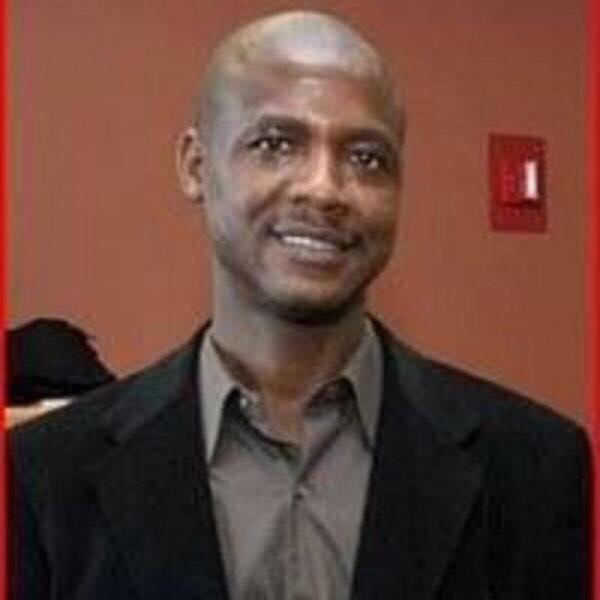
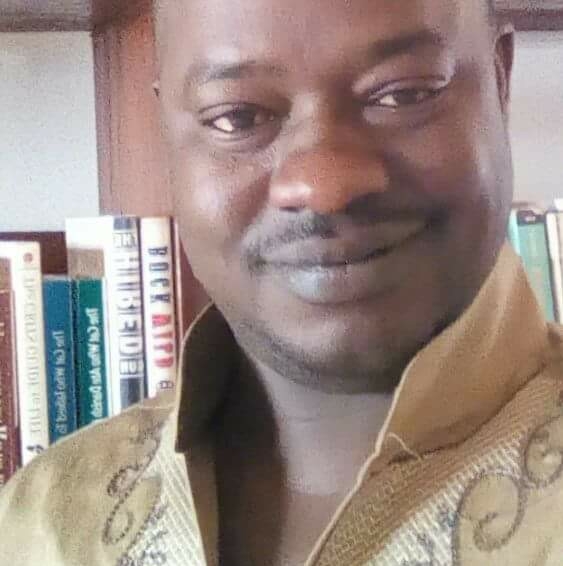
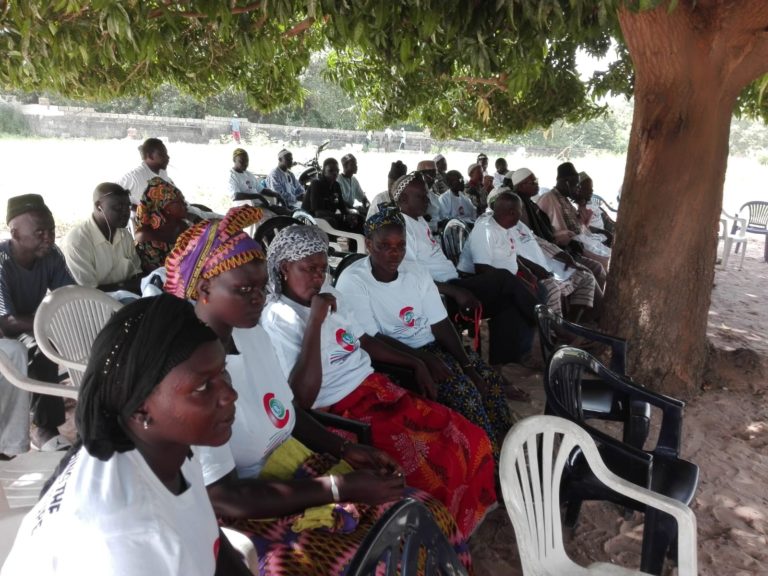
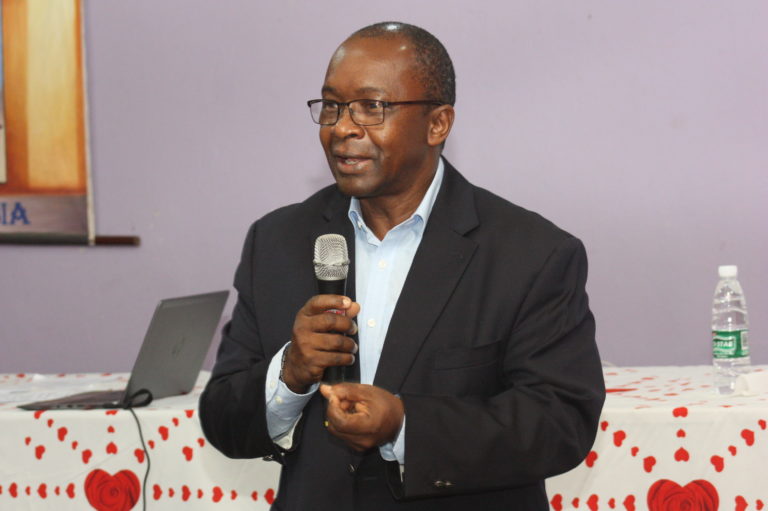
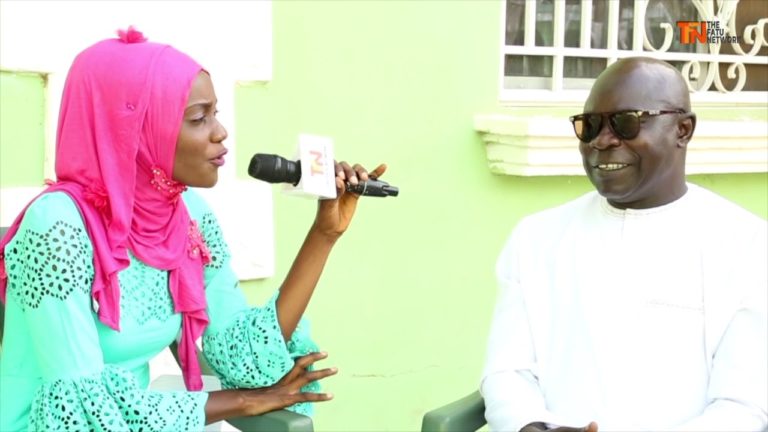
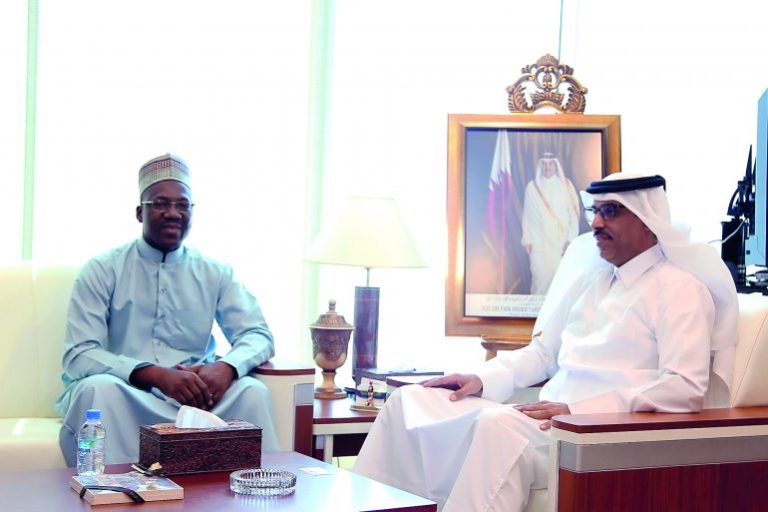
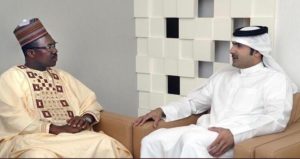


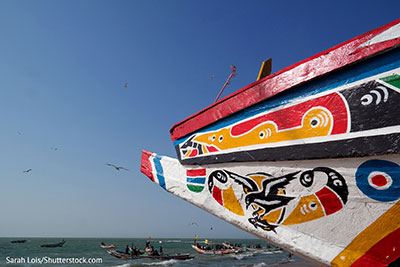

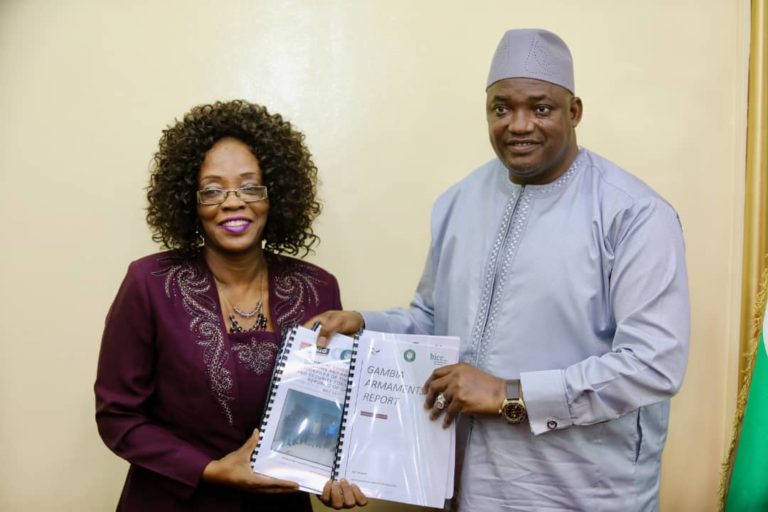
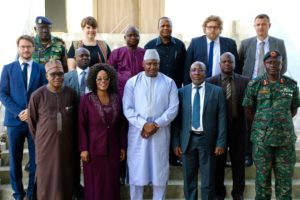

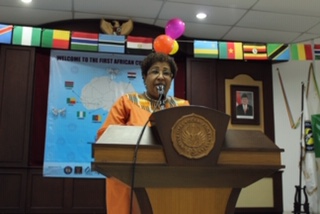
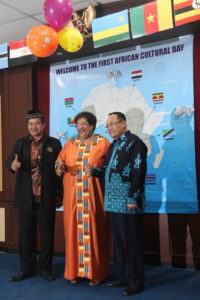

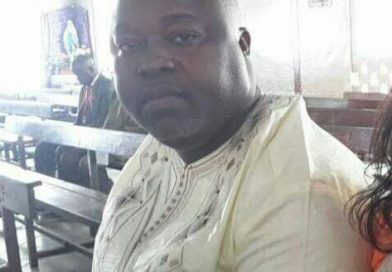
Gambian Entrepreneur Honoured at Africa’s Entrepreneurship Forum
By Alieu Ceesay in Lagos, Nigeria
Momarr Mass Taal, Founder and Managing Director of Tropingo Foods- a food processing company’s focused on dried fruit and nut exports has won an award at the 2018 Africa’s largest entrepreneurship forum in Lagos.
Momarr Mass Taal is a Tony Elumelu Foundation (TEF) Entrepreneur and his success story is an exceptional one considering how far his company has come from the $5000 Tony Elumelu seed fund in 2015.
Taal was presented with certificate of awards together with five other entrepreneurs for the enviable success.
The surprising thing about Momarr’s story is although he never intended to go into agribusiness from the start as he wanted to be a diplomat like his father.
At a very tender age of 18, Momarr Mass Taal had a clothing line – Malyka Clothing which was based in Canada. But on returning to The Gambia after his University degree, he saw a gap and felt the need to fill it; hence, Tropingo Foods.
In an interview, Momarr Mass Taal, said the award is something that every Gambian should be proud of.
“I dedicate this award to all Gambians.”
While urging the Government of The Gambia to empower the entrepreneurs, Taal encourage the youth to always believe in themselves and go after what they want.
As part of the first cohort of the TEF Programme in 2015, Taal was invited by the organisers in 2016 as an alumni to share with over 1000 African entrepreneurs his success story and challenges.
Meanwhile, three of the five selected entrepreneurs from The Gambia for 2918- Banky O.C Njie of Fintech, Chan Mendy, fashion entrepreneur and Sarah Bintou Dibbasey, who is into bakery are also among those attending the forum.
The trio are hoping that their entrepreneurship aspirations will be actualised with the support of the Foundation. They are hoping to interest and connect their peers from other countries.
Meanwhile, President Nana Akuffo Addo is also in Lagos to join over 5,000 young African entrepreneurs drawn from across the continent.
These young entrepreneurs, most of who are into agriculture are funded, trained and mentored by the Tony Elumelu Foundation (TEF), Africa’s leading entrepreneurship-focused philanthropic organisation.
Established in 2010 and launched in 2015, this year’s forum just like the previous ones gather to celebrate Africa entrepreneurs that are impacting positively in their different countries.
This year, 1460 entrepreneurs are graduated by the Foundation- 41% women- and will receive seed capital to transform their ideas and the African continent.
The event is a unique opportunity to generate ideas, forge networks and bring policymakers and the private sector together, in a spirit of robust debate and interaction.
In welcoming the entrepreneurs to the Forum, TEF CEO, Parminder Vir OBE said, in its 4th year, TEF Entrepreneurship Programme has empowered 4,460 entrepreneurs with a total investment of USD20million; 4,000 funded directly by the Foundation and 460 have been funded by partners.
In a short statement, the Group Director of Marketing and Communications of United Bank for Africa (UBA) Plc, Madam Bola Atta said: “Together we can make a difference to our continent”.
Also in attendance are, the Founder and Chairman of the Tony Elumelu Foundation, Mr Tony Elumelu. Mr. Peter Obi, vice presidential candidate of the Peoples Democratic Party, PDP, Executive Governors-A. Bagudu and Mohammed Abubakar of Kebbi and Bauchi.
The Tony Elumelu Foundation Entrepreneurship Programme is a 10-year, $100 million commitment to identify, train, mentor, and fund 10,000 entrepreneurs.
Its goal is to invest in businesses that will generate at least 1,000,000 new jobs and contribute at least $10 billion in new annual revenues across Africa.